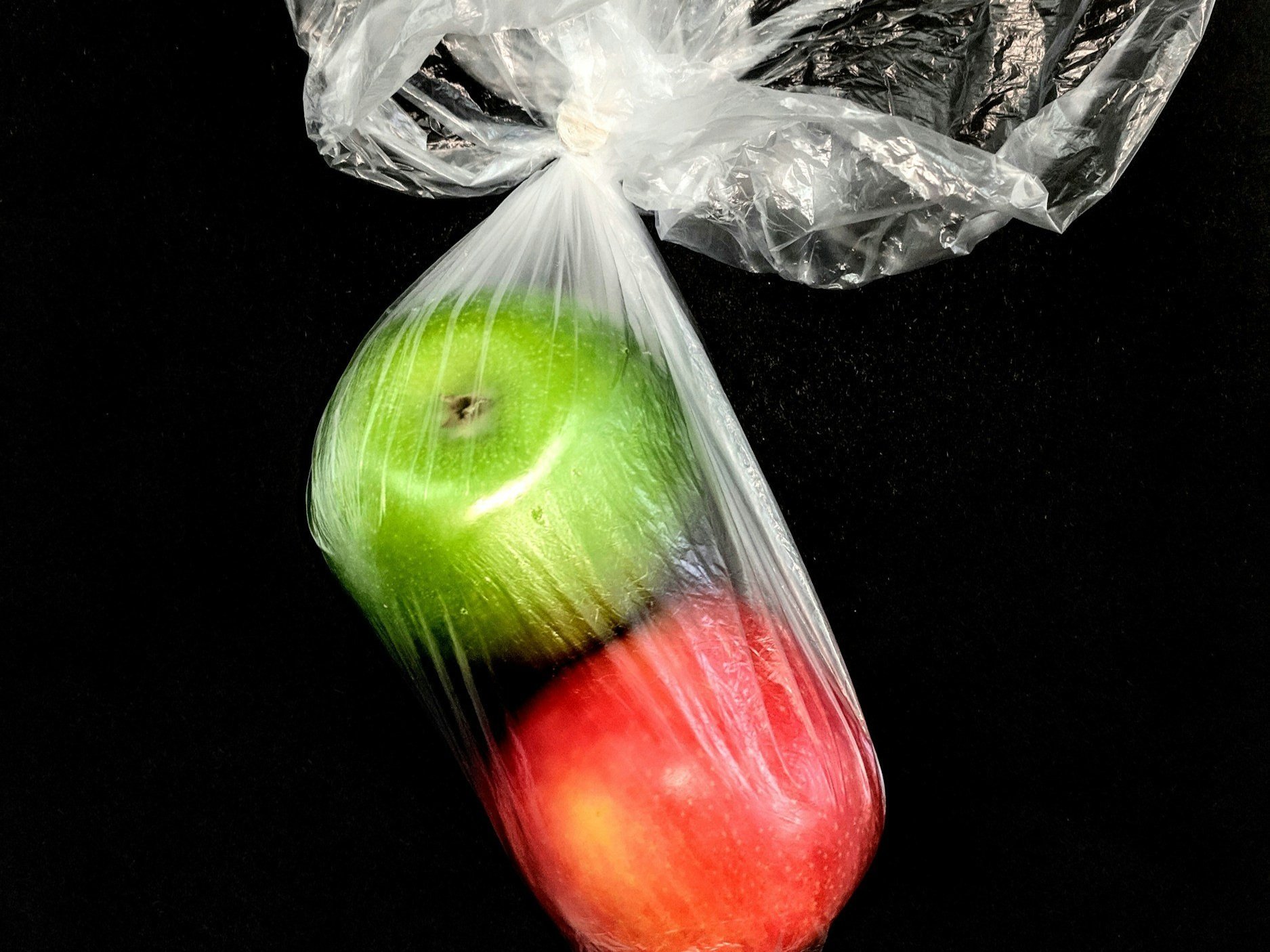Sustainable Dining in Edmonton: Green Restaurants Leading the Way
In a prairie city known for long winters and vast distances, sustainable dining might seem like a contradiction. Yet Edmonton’s culinary landscape is undergoing a quiet transformation—one where the values of sustainability, cultural integrity, and community resilience are driving new standards in food service.
Local Food Sources and Vegetable Cultivation in Greenland
Greenland’s extreme Arctic climate presents formidable challenges for agriculture, yet recent innovations in greenhouse technology and small-scale farming are demonstrating that locally grown vegetables can become a viable food source.
The Evolution of Greenlandic Gastronomy
Greenland’s culinary landscape is undergoing a quiet but profound transformation. Rooted in Inuit food traditions that have sustained communities for centuries, Greenlandic cuisine is now being reimagined through modern culinary techniques and global influences. This evolution is driven by a growing interest in sustainability, cultural identity, and the need to adapt to a changing environment. As the world looks northward for new culinary experiences, Greenland is embracing innovation while fiercely preserving the essence of its traditional food culture.
Seaweed in Greenlandic Cuisine
In Greenland’s harsh Arctic environment, where traditional agriculture is nearly impossible, the ocean has always been the primary source of nourishment. Fish, seal, whale, and other marine resources have long sustained Greenlandic communities, but one ingredient remains underappreciated despite its abundance and immense nutritional value: seaweed.
Embracing Hyper-Local Sourcing
In a world increasingly dominated by mass production and global supply chains, the simple act of sourcing food locally has become a powerful tool for rebuilding more resilient, sustainable communities.
Canadian Made
Sustainability starts at home. Find menus here made entirely by ingredients found in each Canadian province.
British Columbia Seven-Day Meal Plan
Enjoy this seven-day meal plan using only ingredients produced in British Columbia.
Reducing or Eliminating Plastic
In today's world, plastic is an essential component of daily life. From food packaging and storage to household items and personal care products, plastic has become deeply ingrained in modern living.
Sustainable Kitchen Habits
Each new year presents a fresh opportunity for reflection and renewal. As individuals, we seek to adopt healthier, more sustainable practices that align with our personal values and contribute to a healthier planet. In the kitchen, one of the most impactful and achievable goals is to reduce food waste. Food waste not only contributes to environmental degradation and the squandering of resources but also impacts our household budgets. By embracing sustainable kitchen habits, you can create a more efficient and eco-friendly approach to how you purchase, store, and utilize food.
Sustainable Seasonal Living
As the crisp air of autumn settles in and the vibrant colors of the leaves begin to change, it’s the perfect time to embrace sustainability in our daily lives. Fall offers a natural opportunity to align our habits with the season’s rhythms, from harvesting the last of the garden’s bounty to preparing our homes for cooler months.
Rewilding the Person
The term "rewilding" often brings to mind the restoration of ecosystems or the reintroduction of species into the wild.
However, it can also apply to the individual journey of rediscovering our intrinsic connection with nature.
Rewilding for the Planet and Self
Imagine stepping into a forest where the air hums with life.
Birds call from hidden perches, and wildflowers carpet the forest floor, each petal catching the sun.
How to Have a Sustainable Black Friday
Black Friday is one of the most anticipated shopping days of the year, offering deep discounts that tempt shoppers into buying more than they need.
While the deals can be exciting, this retail holiday has significant environmental and social consequences.
The Whale-Hunting Traditions of Pacific Northwest Indigenous Tribes
In the misty coastal landscapes of the Pacific Northwest, where cedar forests meet the vast expanse of the Pacific Ocean, the rhythms of life have long been intertwined with the cycles of nature.
Among the Makah of Washington State and the Nuu-chah-nulth of Vancouver Island, one tradition rises above others in its cultural and spiritual significance: whale hunting.
Modern Trends in Sustainable Agriculture Across West Africa
As West African countries face the dual challenges of food insecurity and climate change, the region's agricultural systems are undergoing significant transformation.
With a population projected to exceed 400 million by 2050, sustainable agriculture has become crucial for ensuring food security, promoting economic stability, and preserving the environment.
The Role of Local Ingredients in Sustainable Culinary Practices
West African cuisine, known for its bold flavors, vibrant colors, and rich cultural heritage, is deeply rooted in the use of local ingredients.
As global food systems face significant environmental and social challenges, West Africa’s reliance on indigenous, seasonal, and locally sourced foods offers valuable lessons in sustainability and cultural preservation.
Permaculture Principles in Aboriginal Australian Agriculture
For thousands of years, Aboriginal Australians have practiced a sophisticated form of land management that closely aligns with modern permaculture principles. Their methods — ranging from firestick farming to the cultivation of native plants—have not only sustained communities but also regenerated the land, maintaining biodiversity in one of the world’s harshest environments. These practices are deeply rooted in Indigenous food traditions, which offer valuable lessons in sustainable living.
Wild Rice Harvesting
Wild rice, known as manoomin in Anishinaabe, holds a special place in the hearts and cultures of Indigenous peoples in North America. More than just a staple food, wild rice embodies a rich tradition of sustainable harvesting that has been passed down through generations.
Reviving Indigenous Food Sovereignty
Bringing back Indigenous food systems helps everyone, especially Indigenous communities gain food security and build culture and community.
Food Security & the Future
Explore the Seventh Generation Principle and its impact on sustainability.
Learn how mindful decisions today shape a better future for the environment, society, and economy for generations to come.





















